The Philippines is an Archipelago with total land area of about 30 million hectares. It has a mountainous terrain, needs about 54% forest cover for a stable environment, current estimates at less than 20% of the area. The country has an extensive coastline. It is surrounded by vast oceans and sea area, thus the marine ecosystem is dominant in the country.
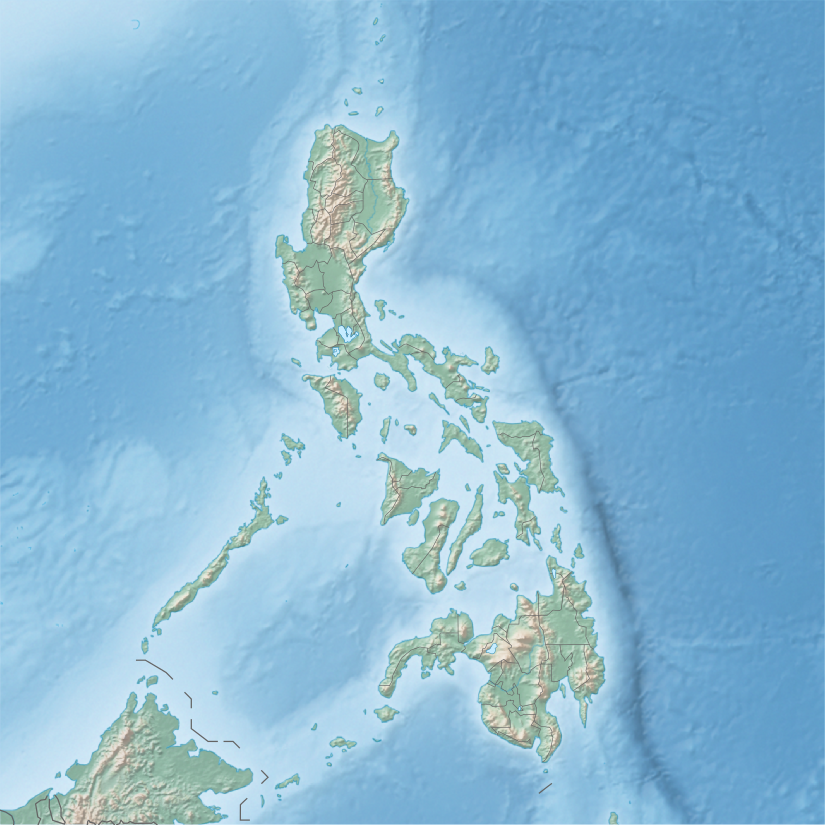
In particular - Zambales province, located at the western coast of the Central Luzon Region covers an area of 361,110 hectares with boundaries in the north and east, the provinces of Tarlac and Pangasinan and on the south, Bataan. The western part of Zambales is rimmed by South China Sea.

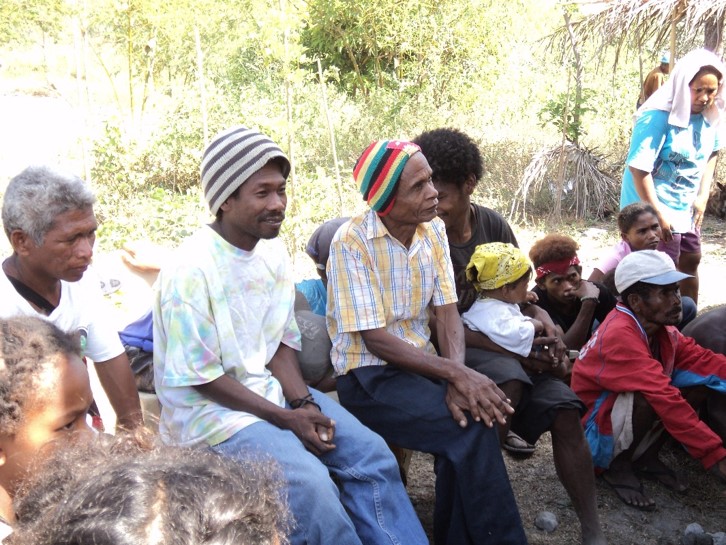
In particular, the municipality of Botolan, Zambales has 31 barangays, 11 of which are occupied by Aetas and the Abellens.
The Aetas are an Indigenous People, found in the barangays of Belbel, Moraza, Burgos, Villar, Cabatuan and Poonbato.
The Abellens are natives from the Zambales region that can be found in Olongapo, San Marcelino, San Narciso, Cabangan, Masinloc, Sta. Cruz and other municipalities of Zambales.
The Ancestral Domain of the Aetas and Abellens are divided into villages, farm lots, gahak, sacred places, hunting grounds, communal forest/protected forest, burial grounds, rice field at the foot of the mountains, fishing grounds, watershed areas.
These individuals are focused on fishing and farming for their livelihood.
The crops produced are composed of bananas, cassava, sweet potato, water melon, vegetables, rice and fruits like mango, jackfruit and cashew.
consequences of mining in the region
Since 2004 to 2012, more than 70 mining firms are located in Zambales. Mining has a detrimental effect to the people relying on the land for their life and livelihood.
The bio-physical and economic condition of the Aetas and Abellens worsen due to mining operations, affect their right to adequate food. Severe impact and damage to the ecosystem, resulting to shortage of water supplies, threatening the food production, reduce sanitation and hinders economic development.
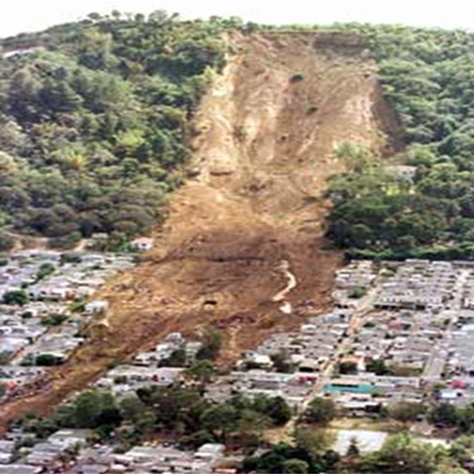
Since 2004 to 2012, more than 70 mining firms are located in Zambales. Mining has a detrimental effect to the people relying on the land for their life and livelihood.
The bio-physical and economic condition of the Aetas and Abellens worsen due to mining operations, affect their right to adequate food. Severe impact and damage to the ecosystem, resulting to shortage of water supplies, threatening the food production, reduce sanitation and hinders economic development.
impact on bio-physical and economic condition
Consequences of eroding mountains
- Loses in Agricultural Productivity
- Erosion accounts for major loses in agricultural productivity in terms of upstream and downstream costs - Loss of Biodiversity
- Fertilizer application have unfavourable impacts on soil fertility that has increased soil acidity in many parts of the rural communities and caused soil deterioration, destroying genetic resources - Soil erosion and Sedimentation
- The mining operations adds to the climate change and global warming impacts because it reduces groundwater in various farms throughout the indigenous farming in the upland due to erosion and sedimentation - Damming Rivers for Reservoir
- Flooding farmlands, damming rivers for reservoirs alters the mix of fresh and salt water in sanctuaries, influence coastal stability by affecting sedimentation and transform fisheries spawning grounds and river hydrology
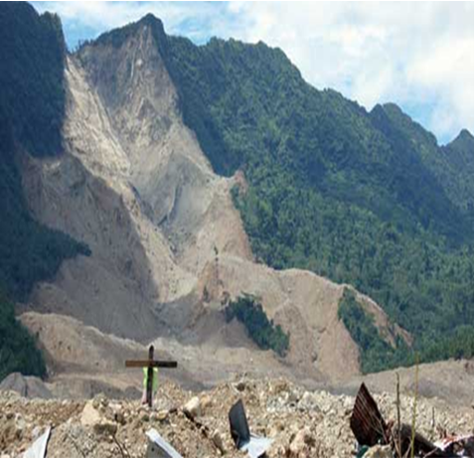
Consequences of coal plants
- Possess incalculable and unstable risk to health and safety of the people and the entire community
- Coal-fired power plants produce more than just the carbon dioxide that contributes to global warming. When burning coal, they also release particulate matter, sulphur dioxide, nitrogen oxide, and mercury—thus damaging the health of many people around the world in various ways.
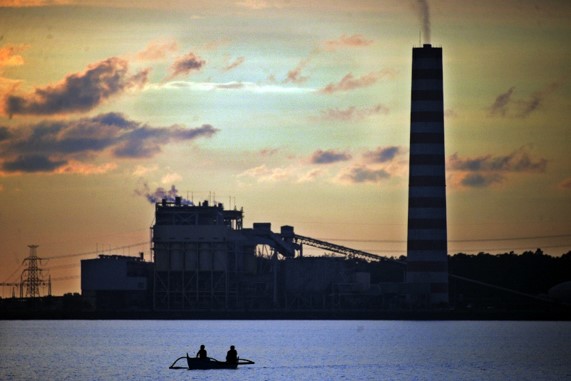
eviction of filipino fishermen
- Small and Traditional Fishermen suffered from Scarborough Shoal stoppage from fishing within the area by Chinese
- Competitive capacity of the entry of big foreign fishing capitalists (Chinese and Vietnamese) and the technology intervention
- Fishery laws and development programs are made and implemented without consultation and dialog with the affected fishing sector
- Many small fishermen communities were evicted in favour of infrastructure development projects by the LGU’s
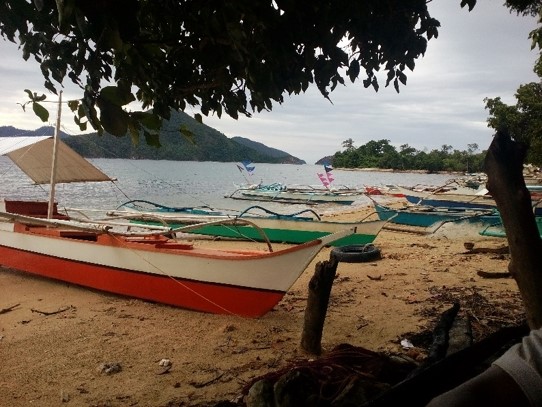
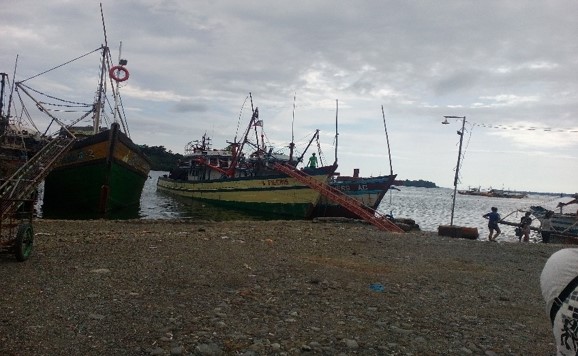
effects, threats and challenges
- For the IPs and for the future generation, food security became one of the most horrifying problem they were about to face.
- Food security is simply “being able to eat three meals a day, with food readily available from local resources, that would sustain the family’s daily dietary needs.”
- The right to have adequate food, includes the right to the land and resources where food will come from

The right to food implies:
- the availability of food in sufficient quantity and quality to satisfy the dietary needs of all individuals in a form that is culturally acceptable
- the accessibility of food in ways that are sustainable and do not interfere with the enjoyment of other human rights.
food accessibility
- Food accessibility requires economic and physical accessibility
economic accessibility
- personal or household costs associated with the acquisition of food for an adequate diet should be at such level that the satisfaction of other basic needs is not compromised.
physical accessibility
- adequate food must be accessible to everyone, including the vulnerable group.
recommendations to the government
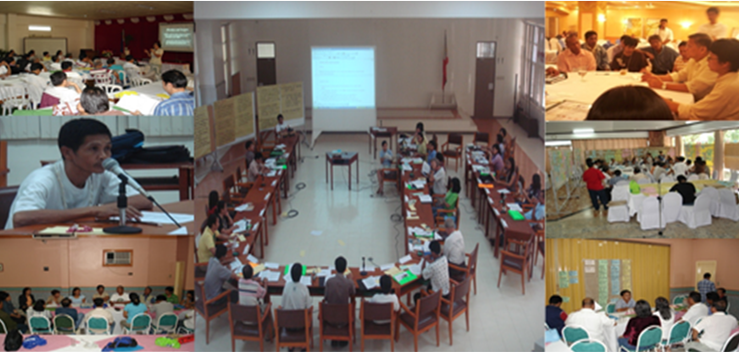
For government programs, the following must be included:
- Clear policies which recognize the attitudes and conditions supportive of collaboration at international and national levels
- Pro-active programmes for integrating environment aims with economic and social aims in development planning in all phases
- More substantial investment in environment research analysis and monitoring.
- The overhaul and updating of legislation and procedures for enforcement which regulate the control of pollution and waste and waste products
- Clear common policies of the state considered the suffering of the vulnerable sector due to the devastating operations both local and global capitalism players
